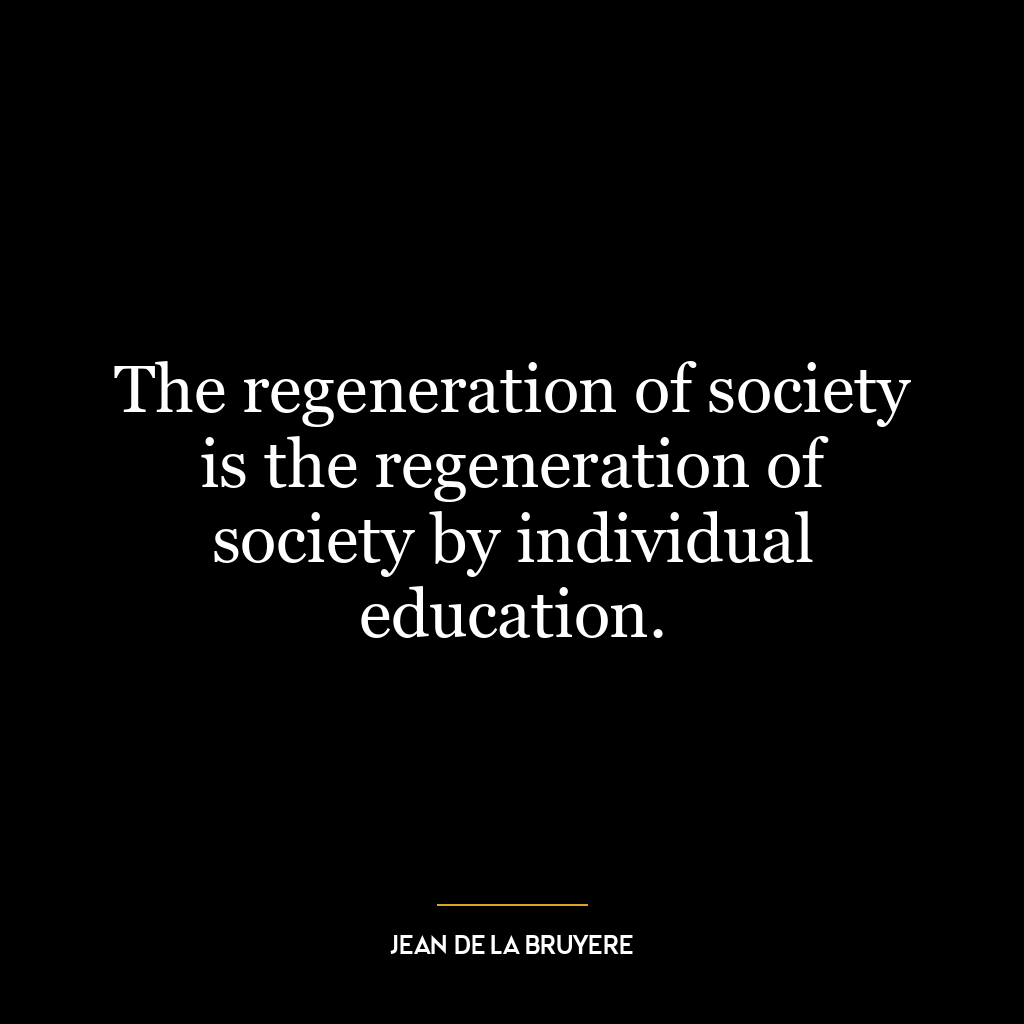Train children not by compulsion but as if they were playing.
“Train children not by compulsion but as if they were playing” is a profound statement that emphasizes the importance of making learning a joyous and engaging experience rather than a forced and stressful one. In essence, this quote suggests that children should be led to knowledge and skills through their natural curiosity and playfulness, rather than being coerced into learning.
This perspective is rooted in the idea that children are naturally curious and eager to explore the world around them. When learning is presented as a game or play, it becomes a pleasure rather than a chore. This approach can help children to develop a love for learning that will stay with them throughout their lives, fostering their intellectual growth and personal development.
Furthermore, this quote also underlines the importance of respecting children’s individual pace and learning style. Instead of imposing a rigid and uniform learning process, we should allow children to explore and discover in their own unique ways. This can help to cultivate their creativity, critical thinking, and problem-solving skills.
Applying this principle in today’s world, especially in the field of education and parenting, could revolutionize the way we approach learning. For instance, educators could design lessons and activities that are interactive, engaging, and fun, making learning a more enjoyable experience for students. Similarly, parents can incorporate learning into playtime, turning everyday activities into opportunities for learning.
In the context of personal development, this principle suggests that we are more likely to grow and improve when we are motivated by genuine interest and enjoyment, rather than external pressure or obligation. This could mean choosing to pursue hobbies or interests that we are passionate about, setting personal goals that are meaningful to us, or finding ways to make necessary tasks more enjoyable.
In conclusion, this quote serves as a reminder of the power of intrinsic motivation and the importance of making learning a positive and enjoyable experience, whether it be for children or adults. It encourages us to view learning not as a duty or chore, but as a rewarding and enjoyable journey of discovery.









